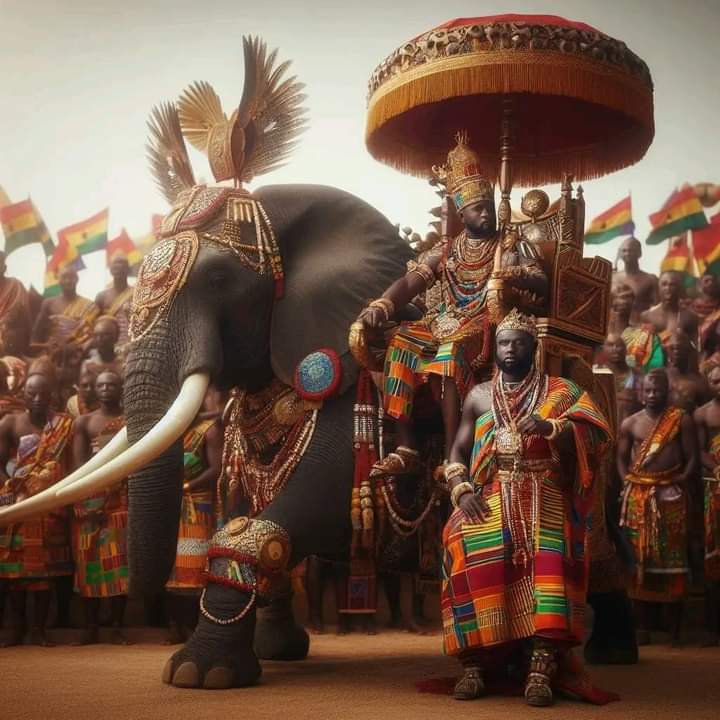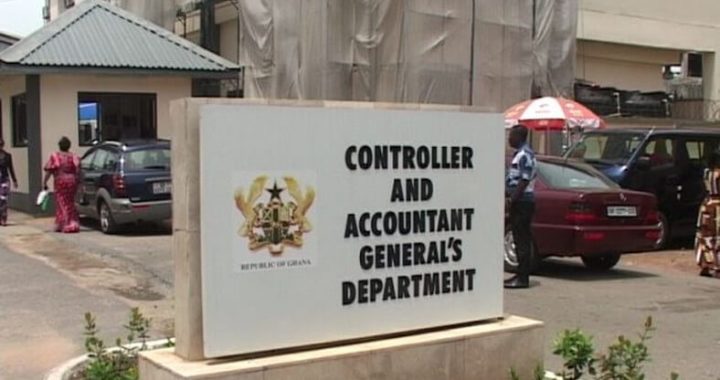Political Organisation of Ghanaians before Colonial rule

Do you know any of the top political organizations in Ghana before colonial rule began?
You might be surprised to learn that some of these organizations existed in unique forms long before the arrival of Europeans. In this post, we explore these early systems of governance.
It has often been asserted by writers that Africans had no form of government before the Europeans arrived. However, a closer look reveals that Africans, especially the Akans in Ghana and the Yorubas in Nigeria, were under well-organized governance systems long before colonial influence.
Political Organisation of Ghanaians before Colonial rule
Before Ghana came under British rule as one colonial administrative unit, it consisted of many independent states and kingdoms. States like Bono, Asante, Denkyira, Akwamu, and Akyem were large and powerful entities.
This political landscape shaped the adoption of various traditional states and kingdoms. The traditional administrative systems included:
- Centralized States
- Stateless or Non-centralized Societies
- Theocracies
Centralized State System
Under the centralized state system, authority was vested in a single governing entity. Laws, policies, and decisions—especially those related to warfare—were made by this central authority. Local groups or wings were subordinate to the central power.
A notable example of a centralized state was the Kingdom of Asante.
Stateless or Non-centralized Societies
Another system of governance that existed in pre-colonial times was the non-centralized system. These societies did not have central administrative units like the Akans.
READ: Top 10 Oldest Countries In Africa – See Ghana’s Position
Examples of these states included Sissala, Chamba, Nafeba, and Tallensi. These societies were governed by family and clan heads, with no single authority to manage the affairs of all inhabitants.
In these societies, the Tindana was regarded as the custodian and owner of the land. Among the Tallensi, society was divided into two groups:
- Namoos – They had an organized system of chieftaincy and political offices.
- Talis – Their governance centered around the Tindana.
Some northern states had a leader who served as both a political and spiritual head, acting as an intermediary between the people and the gods while also administering justice.
READ: What’s the Relationship Between Crypto and AI? Is There Any?
The Mole-Dagbani Kingdom, which includes the Dagomba, Nanumba, Mamprusi, and Mossi kingdoms (the latter located in Burkina Faso), is an example of such a system. Upon their migration from Nigeria, they were led by Na Gbewa, who first settled in Pusiga and later expanded their territories.
Theocracy System
Another significant governance system was the theocracy. This system was practiced by the Ga and Krobo peoples. Their leaders, who were priests and priestesses, served as political, military, and spiritual heads in their communities.
These leaders formulated and implemented laws and acted as intermediaries between the people and their gods.
READ:Political parties that have ruled Ghana since independence
The Impact of Colonial Rule
With the introduction of colonial rule, the influence and authority of chiefs and traditional political leaders diminished significantly. The centralized, stateless, and theocratic systems of governance were reduced as the colonial government imposed its administrative structures across the country.




 Terrorist Attack Ghanaian Tomato Traders in Burkina Faso
Terrorist Attack Ghanaian Tomato Traders in Burkina Faso  New Term 2 End of Term Question: Nursery to Grade 8 Exam Packs (2026)
New Term 2 End of Term Question: Nursery to Grade 8 Exam Packs (2026)  Why MTN Ghana’s Ghs399 Bundle is the Best Data Deal in 2026
Why MTN Ghana’s Ghs399 Bundle is the Best Data Deal in 2026  CAGD Salary Suspension 2026: Deadlines and Actions for Affected Staff
CAGD Salary Suspension 2026: Deadlines and Actions for Affected Staff